As discussed above, lucky mobile phone numbers are often rationally used as a symbol of success and wealth to distinguish meanings of social status. As symbolic tokens, mobile phone numbers transcend the restraints of time and space to certain degree, and thus manifest disembedding mechanism of modernity . This indicates clearly that the invented tradition of the social craze for lucky mobile phone numbers is not a sub-culture of superstition against modernity, but a very expression of it.
In China, it is customary to regard even numbers as being more auspicious than odd ones. So, gifts are given in even numbers for the celebration of all occasions. No. 8 has long been regarded as the luckiest number in Chinese culture. With pronunciation of 'Ba' in Chinese, no. 8 sounds similar to the word 'Fa', which means to make a fortune. It contains meanings of prosperity, success and high social status too, so all business men favor it very much. Moreover, in some areas of China, people prefer to pay much more money for a telephone number with 8 in it.
They also favor residences on the eighth floor of buildings. In 1990s, a vehicle identification number with 8 was once auctioned off for 5 million Hong Kong dollars. 4 is well known to be an unlucky number because 四 sounds similar to 死 (sǐ), which means "death" in Chinese. People will go to extremes based on superstitions of the number 4.
Houses and apartments that have 4 in the address number will sell for much less than ones without. Mentioning the number four to an ill family member is considered to be highly offensive, and giving anything with 4 on it to someone can be seen as a death threat. Every country and culture has its own superstitions, especially when it comes to numbers. In the US, for example, the number 13 is considered bad luck, and it's why you'll rarely see a 13th floor in hotels and some taller buildings. On the other hand, the number 7 is considered lucky, especially when there are three 7s in a row. As discussed above, when the possession of wealth signifies success, lucky mobile phone numbers acquired as a form of conspicuous consumption become a way of imagining success.
The social meanings of lucky mobile phone numbers in China thus suggest a national priority and social anxiety towards "being rich". Because of its negative association with death, most people consider this number to be so unlucky that many buildings in China do not even have a "fourth" floor. The number 4 is also unlikely to appear on house/door numbers and car license plates. Whenever, possible, many people will also try hard to avoid choosing telephone numbers that contain the number 4. Is well known to be an unlucky number because 四 sounds similar to 死 (sǐ), which means "death" in Chinese. Did you know that if you press a Chinese elevator button to go to the 50th floor of a building, you may actually only be going to the 35th floor?
This is because many buildings in China not only omit the 13th floor, but are also missing any floor containing the number 4, which is considered to be the unluckiest number in Chinese culture. The Chinese have many superstitions about numbers, often related to similar-sounding words in the Chinese language, which are called homophones. In China, whether a number is considered lucky or not, their special meanings are often related to the pronunciation of the numbers. If the number sounds similar to a positive word, then it is considered lucky and vice versa.
The East Asian culture has developed by sharing common grounds with Chinese Confucianism ethics . Moreover, 80% of Korean vocabulary has its origin in Chinese. As a result, Korean and Chinese languages have many words that have similar pronunciations. For example, the number of 4 is detested in both cultures because it sounds like death. One Korean informant tells me that Korean people are so superstitious about the number of 4 that they even try to avoid using 4 for labeling the floors or apartments in some buildings. Although the belief in the magic power of words has existed in Chinese culture for a long time, the social craze for lucky numbers is a recent phenomenon.
It originated in Hong Kong and Guangdong Province, right after the open-up policy, which itself signaled a nationwide shift towards the pursuit and worship of wealth and fortune. The basis for associating numbers with auspice mainly lies on pronunciations or homophony. For instance, in Cantonese, the number of 8 sounds the same with "fortune" (发). The number of 6 sounds like the word for "to flow" (溜) which means "everything goes smoothly".
Certain numbers are considered lucky, and others unlucky. The luckiest number in Chinese culture is eight, as the Chinese for eight sounds like the word for 'lucky'. Four, conversely is a very unlucky number as in Chinese it sounds like the word for death. Thus Chinese adhering to the customs try to avoid the number four in, for example, car number plates, house addresses etc. Even numbers are traditionally luckier than odd numbers. When you give a present to your Chinese business partner, even numbered gifts are always better than odd ones.
However you should never, ever give someone something in a set of four. Four is China's unluckiest number and it sounds almost exactly like the Chinese word for death. In a country where it is easy for people to choose their own phone numbers, the ones free of the number four are the most popular. Some buildings even skip the floors 4, 14, and 40 to ensure that no harm comes to the inhabitants. Superstitious beliefs about numbers and prices are sometimes far more powerful than the functional signals.
These beliefs are often based on how a culture thinks of the significance of particular numbers as either auspicious or inauspicious. Superstitious beliefs play an important role in pricing, especially in which price endings are used and how they are interpreted in a culture. Unlike the United States, where prices ending with 9 are the most common, in many Asian countries, including China, Japan, and Malaysia, the most popular price ending is 8. They believe that the number is a representation of the fact that everything will go smoothly or is going smoothly. In some regions in China, there is a wedding tradition whereby the groom must offer a betrothal gift to the bride's family in the form of money in the value of six.
By doing this, the couple is believed to have a happy and peaceful marriage. Even in business the number six is considered lucky, which is why you'll find contracts being signed when the dates on them have six in it. Colors are also of great importance in Chinese culture in terms of luck and bad luck.
There is a reason why red, yellow, and green are always used in traditional celebrations. These are considered auspicious colors in Chinese culture. Likewise, certain colors are believed to bring bad luck. The pronunciation of the number four in Japanese is very similar to the word death, and because of this, four has been considered bad luck in Japan, Korea and China. It is considered very bad luck to give a gift that is made up of four pieces to someone.
Many buildings in heavily Asian areas do not have a fourth floor, much like the way North American cultures treat the number 13. Chinese numerology might seem like an obscure field, but this unique set of beliefs plays a big role in modern Chinese culture. Read this article to gain insight into this quirky aspect of modern Chinese life. Like 5, 7 has both positive and negative connotations in Chinese culture.
For the positive side, 七 sounds like both 起 (qǐ), which means "start" or "rise", and also 气 (qì), which means "vital energy". Seven is also seen as a lucky number for relationships. The Qixi Festival (七夕節), also known as the Chinese Valentine's Day, falls on the 7th day of the 7th month in the lunar calendar. The 7th month is also known as the "ghost month" in China, where ghosts and spirits are believed to rise from hell to visit earth. While ghosts may be seen as omens, the ghost festival in the 7th month is widely celebrated.
7 may also be considered unlucky because 七 sounds like 欺 , meaning "cheat". 3 (三), pronounced san, is considered lucky due to its similarity in sound to the word that means birth. Additionally, this number represents the three stages in the life of humans - birth, marriage, death - that adds to its importance in Chinese culture. 6 (六), pronounced liu, is considered lucky as it sounds like the word that means 'to flow', and can indicate smooth progress in life.
Similar to 8, 6 is preferred in number plates and phone numbers. When a couple gets engaged, the man customarily offers a gift to the girl's family which is usually money and this gift signifies a harmonious life for the couple. In China, lucky numbers have pronunciations that are similar to words with lucky meanings. As well as these general number superstitions, fengshui and the Chinese zodiac dictate different number luck for different places/people.
As consumers of commodities where the global and local are thus interconnected, mobile phone users achieve hybrid identities. Hopefully, "where there is consumption there is pleasure, and where there is pleasure there is agency" . From this perspective, we may see the opposing orientations between the colonialization of life-world and the autonomy of individual actors. As Max Chang wrote in a 2017 Next Shark article, the number 4 is unlucky for Chinese because the word is a homonym to a Chinese word for death. So imagine, having a phone number that begins with "444" sounds like death-death-death.
What Numbers Are Lucky In China That is why the Chinese will request custom phone numbers for their businesses or homes, to avoid the number 4. On the other hand, it's considered fortunate if you have a phone number with an 8. 6 sounds like the Chinese word "liu" which means "flowing, smooth, or frictionless". As such, 6 implies that "everything will go smoothly" and is considered lucky especially if it comes in multiples.
Thus, it is particularly appealing to business owners, who are willing to pay extra to occupy buildings at addresses containing the number 6. 6 is pronounced "liu" in Mandarin Chinese, and this sounds like the Mandarin Chinese word meaning "flowing, smooth, or frictionless". Therefore, the number 6 has the meaning of "everything will go smoothly" and is considered lucky especially where it occurs in multiples. In feng shui, the number 6 represents authority and power.
Asians also go by Chinese or Indian astrology and numerology. For the Chinese, even numbers are considered lucky, since it is believed that good luck comes in pairs. But 4 is unlucky , whereas 8 stands for sudden fortune and prosperity (remember the Olympic Games in Beijing started on Aug. 8, 2008 at 8 min past 8). And this can snowball up to three times prosperity, means 'wealthy, wealthy, wealthy!
I never knew the number 4 could symbolize good luck in China. I only knew people considered it bad luck because of its similar pronunciation to death. It's amazing how many different concepts the number 4 can represent. I'm glad to hear the number isn't completely unlucky. From this creative interpretation of the unlucky number, I gained new insight into the recent superstition surrounding the magical and mystical allure of the number of 8. Instead of being an ungrounded claim based on tenuous linkages between certain numbers and auspicious incidents, the popularization of lucky numbers is borne out of faddism and fetishism.
This is significant because more personal and diverse spaces are available when the digital resources are not mobilized and utilized by collective forces. Thus, many mobile phone users deliberately select numbers that are personally significant and coincide with their birthdays or marriage anniversaries. Most of my Korean informants state that the appreciated mobile phone number is the one easy-to-remember. In tracing the continuity and changes of the social practice of lucky numbers, I take South Korea, which has a certain cultural proximity to China, as a comparison with China for this study.
My analysis also reveals that the invented tradition of lucky mobile phone numbers is not a superstition against rationality, but a manifestation of modernity. Chinese lucky number and unlucky number, do you know it? In Chinese culturecertain numbers are considered "lucky" because their pronunciations sound similar to words that have "lucky" meanings.
People select lucky numbers when choosing residences, telephone numbers, business addresses, wedding dates, festivals and other celebratory events. If you've lived in a condominium in Metro Vancouver, you've likely noticed a few missing floor numbers along the way - it turns out that Vancouverites can count, after all. In Western cultures, the number 13 has been considered unlucky, and the number 4 is avoided in Chinese cultures for sounding similar to the word "death". These missing floor numbers have been omitted over the years - floors and unit numbers containing a 13 or 4 seen as undesirable by superstitious homebuyers were deleted by developers across the city. Numbers and colors had great meaning and played an important role in the culture of Ancient China. Some were considered lucky, while others were considered unlucky and should be avoided.
Some were so special they were reserved for the emperor alone. Others believe it is because of the tie-in with 13 and the lunar cycle. 13 is the exact number of full moons in a calendar year, and since people have thought that the moon controls emotion and makes people a bit crazy, then 13 is bad luck. In many Persian cultures, 13 is unlucky as well, showing that this superstition crosses cultural borders.
And of course, Friday the 13th is considered very bad luck. In Chinese culture, lucky numbers can bring good luck and fortune to their life. In China, numerology is more than just a superstition, it's a lifestyle. 'Eight,' for example, is considered a lucky number, so lucky, in fact, that people will splash millions to have a string of eights on their license plates or in their phone numbers. Culture Trip explores which numbers are good and which are bad and what that might mean for you.
Chinese' fondness for 8 can be seen in many other cases, such as house numbers, phone numbers, number plates, wedding dates, the date for opening a business, and so on. 8 is considered lucky and favored by Chinese because it holds meaning in both traditional and modern cultures. This number is a dreaded number in Chinese superstition and a very unlucky number.
This is because it is almost homophonous with the Chinese word 'si' which means 'death'. Therefore, numbered items in China such as phone numbers, car license numbers and room numbers omit number 4 in them. Similarly numbered products from China omit number 4 in them e.g. Chinese dwell in superstitions and beliefs and have a huge dependence on numbers in their day to day lives. They lay great emphasis on the use of numbers which, according to their culture, may be considered lucky or unlucky.
The fetishism and faddism of lucky mobile phone numbers in present Chinese society reveal that the social structural vacuum in imaginary domain is filled up by widespread worship of gods of fortunes. That is, associating numbers with fortune and interpreting of unlucky numbers positively are creative activities by which people are provided with ontological security. By selecting numbers, mobile phone users demonstrate autonomy and spontaneity in expressing their desire to command their future and fortune.





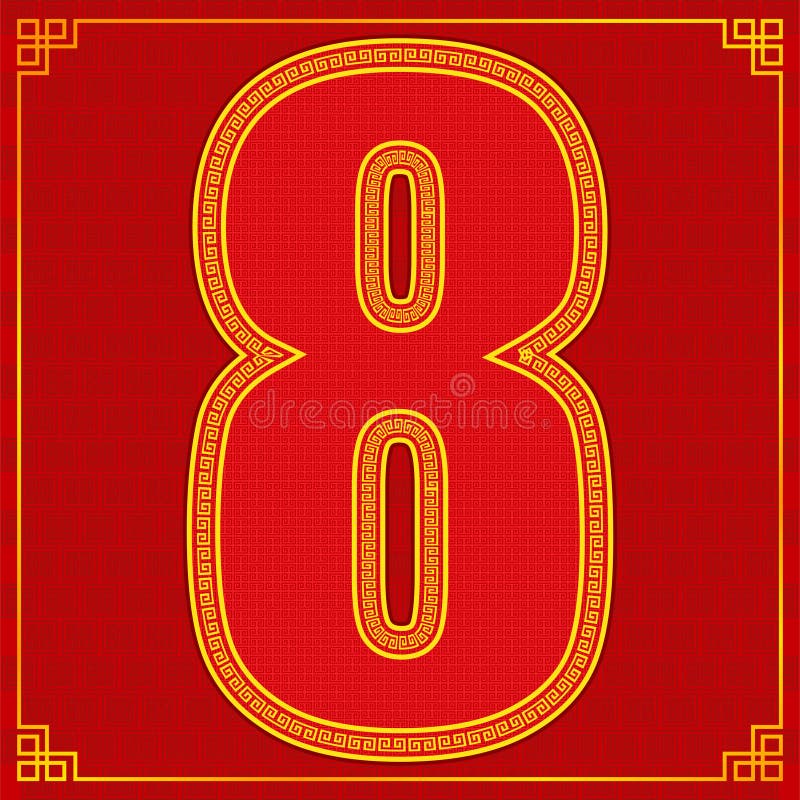
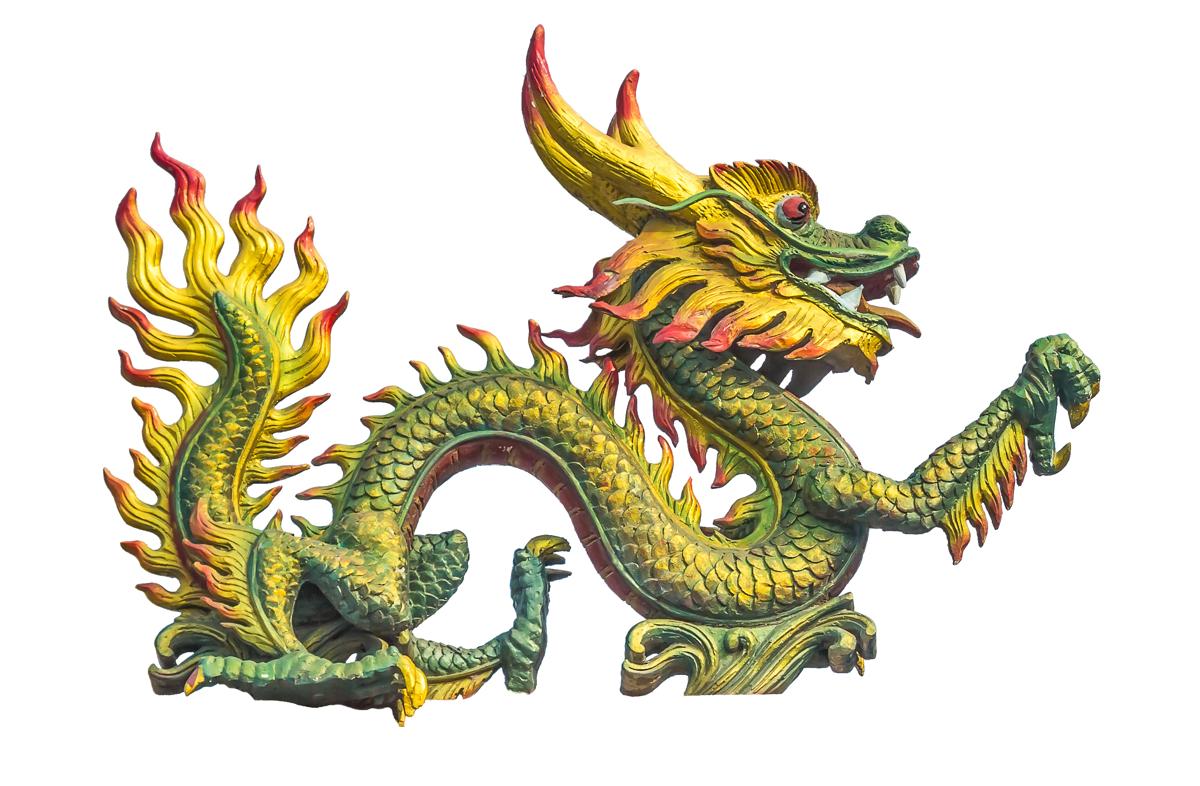

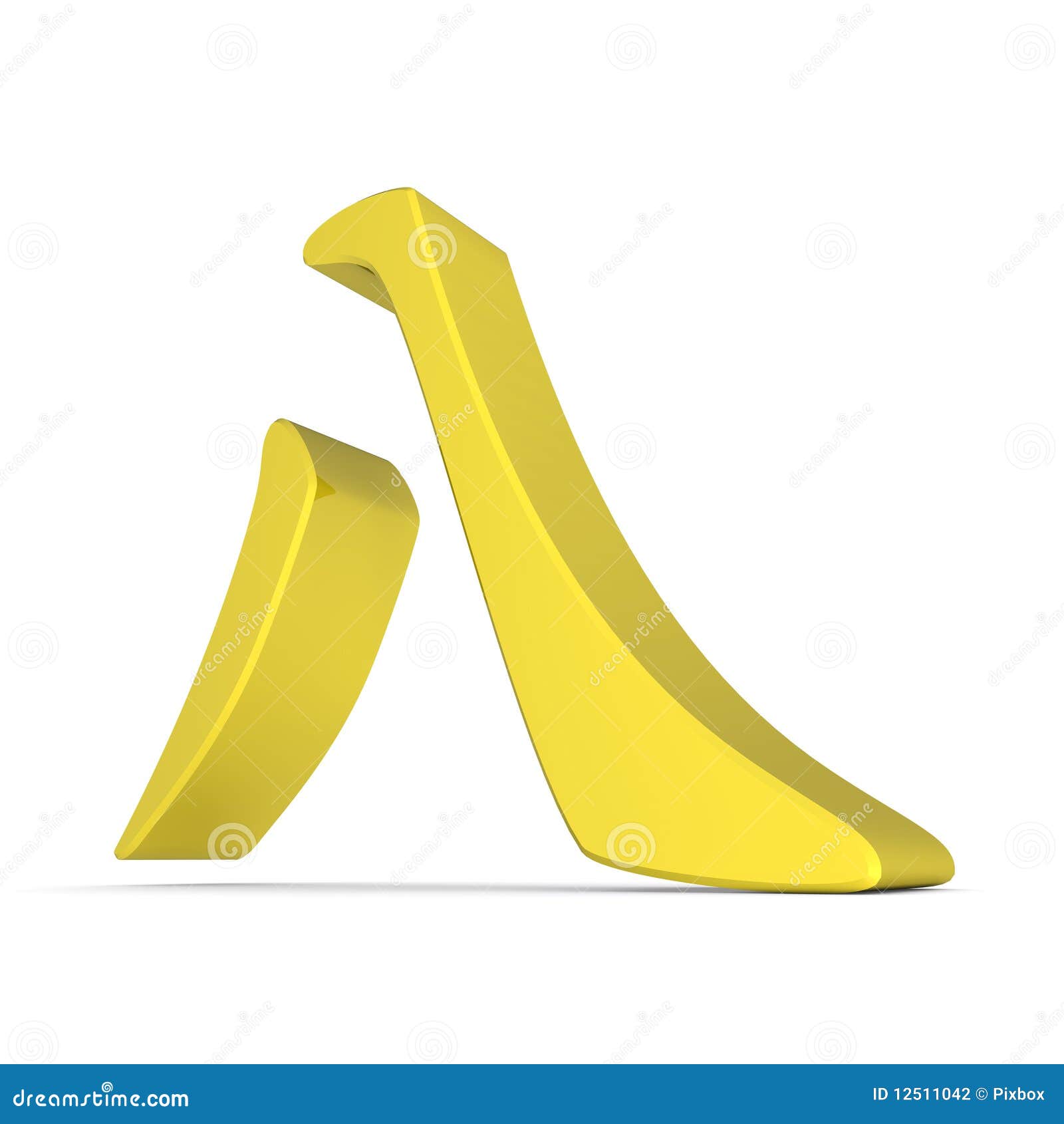











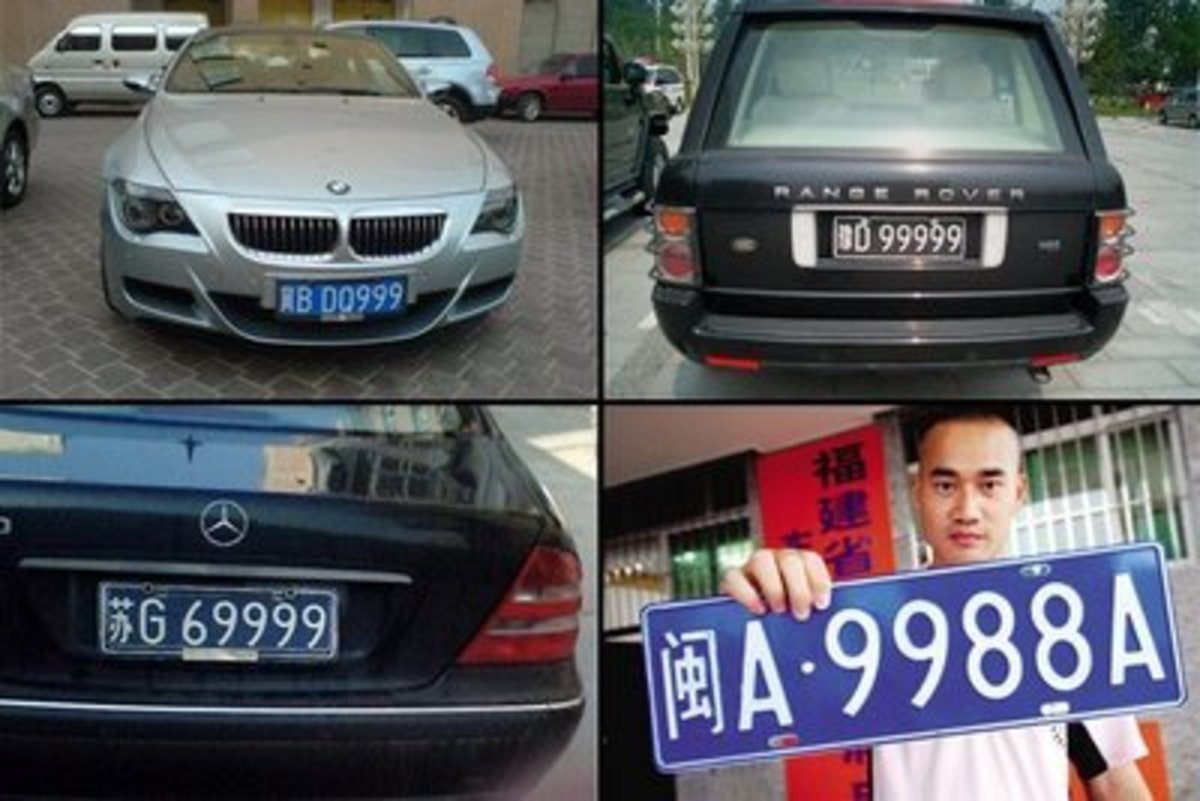

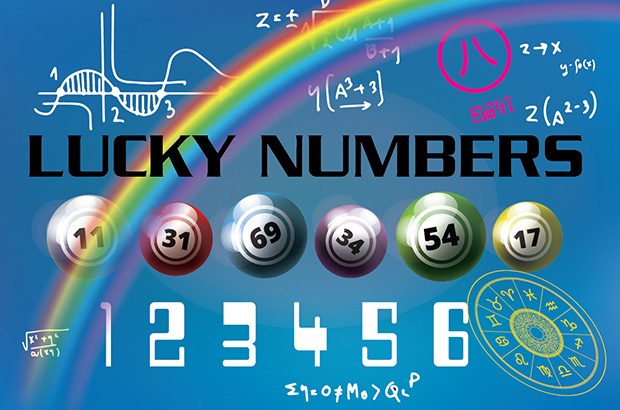


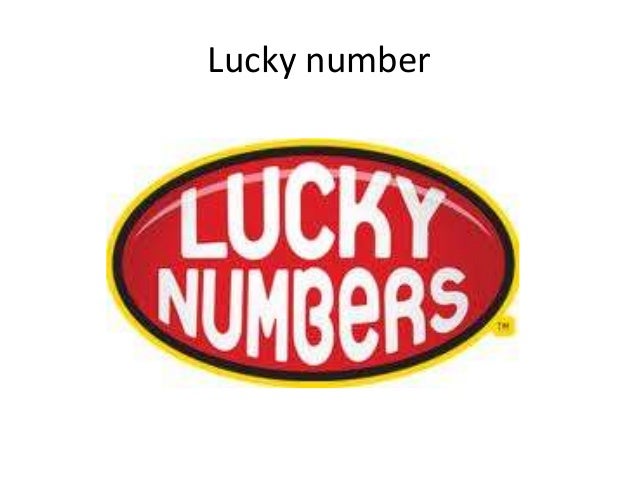




No comments:
Post a Comment
Note: Only a member of this blog may post a comment.